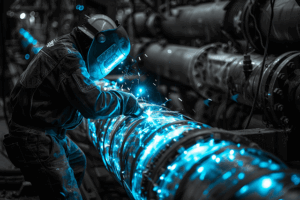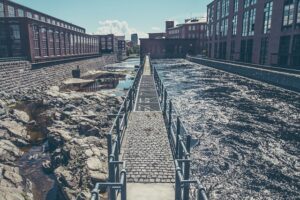Sewage Damage Restoration: Denver’s Comprehensive Backup Solutions
Denver's sewer system faces challenges from blockages, rainfall, and infrastructure. During bac…….

Denver's sewer system faces challenges from blockages, rainfall, and infrastructure. During backups, immediate action is key: turn off water, evacuate, and call Sewage Damage Restoration Denver experts. Professionals assess, clean, sanitize, and restore properties, focusing on mold prevention. Quick action ensures health safety and minimizes damage. Preventive measures like maintenance checks, inspections, and backflow devices reduce backup risks. Businesses should implement disaster plans for effective recovery.
“In the heart of Denver, a robust sewer system maintains the city’s hygiene. However, backups can occur, leading to severe sewage damage. This article provides an in-depth guide on trustworthy Denver sewer backup recovery. From understanding the local sewer system and immediate actions upon backups to assessing damage extent and a step-by-step restoration process, we offer valuable insights. Additionally, learn prevention strategies to safeguard against future sewer backup disasters. Discover expert advice tailored for effective Sewage Damage Restoration Denver.”
- Understanding Denver's Sewer System
- When Backups Occur: Immediate Actions
- Assessing Sewage Damage Extent
- Restoration Process: Step-by-Step Guide
- Preventing Future Sewer Backup Disasters
Understanding Denver's Sewer System
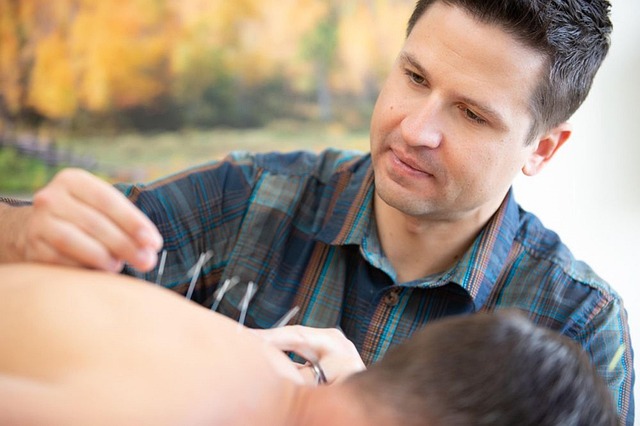
Denver’s sewer system is a complex network designed to transport and treat wastewater from homes and businesses across the city. Understanding this intricate infrastructure is key when it comes to effective sewage damage restoration in Denver. The system includes pipes, pumps, and treatment plants that work together to ensure a continuous flow of waste, preventing overflows and backups. However, despite these precautions, sewer backups can still occur due to various factors such as blockages, heavy rainfall, or infrastructure failure.
When a sewer backup happens, it’s crucial to act swiftly to mitigate the damage. That’s where professional sewage removal for homes and commercial properties comes into play. Companies specializing in Denver sewage cleanup offer expert services that include not just the physical removal of stagnant water and debris but also comprehensive sewage cleanup and deodorization. They employ advanced equipment and techniques to thoroughly clean affected areas, restore properties, and ensure a safe environment for residents and businesses.
When Backups Occur: Immediate Actions
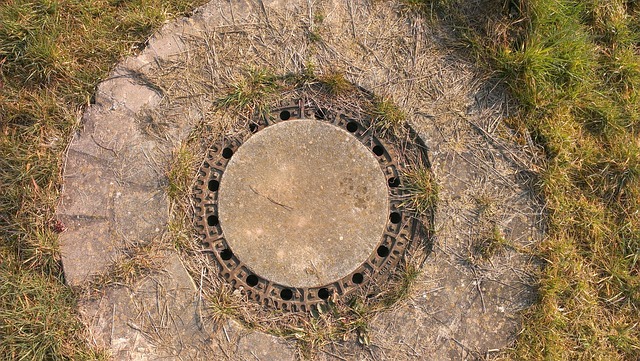
When sewer backups occur, immediate action is crucial to minimize damage and prevent further complications. Time is of essence as sewage can quickly cause extensive water damage to homes and businesses in Denver. The first step is to turn off the main water supply valve to stop the flow of water into the affected areas. Afterward, it’s important to evacuate the premises and contact a professional Sewage Damage Restoration Denver service immediately. They have the specialized equipment and expertise needed to handle these situations effectively.
The next steps involve containing and removing the excess water. Professionals can utilize pumps and extraction techniques to remove standing water from basements or flooded areas in Denver homes or commercial spaces. It’s also vital to address any visible signs of mold growth as soon as possible, especially since sewage water often contains harmful bacteria and contaminants. A comprehensive Denver mold remediation after sewage is essential to ensure a healthy environment post-recovery. Effective roof restoration Denver methods can further aid in repairing any structural damage that may have occurred during the backup event.
Assessing Sewage Damage Extent

After a sewer backup, assessing the extent of sewage damage is crucial for effective recovery in Denver. The first step involves inspecting the affected areas to identify the level of contamination and the scope of restoration needed. Trained professionals use advanced tools to determine where the water has reached, ensuring no hidden damage goes unnoticed. This meticulous process includes checking walls, floors, and structures for signs of sewage intrusion, as well as analyzing air quality to mitigate health risks associated with contaminated environments.
Understanding the severity of sewage damage is key in deciding on the best course of action. Unlike smoke or water damage restoration Denver, which involves specific techniques, sewage cleanup requires specialized equipment and protective gear due to potential pathogens and harmful substances present. The goal is not just to remove visible debris but also to sanitize and deodorize the space to prevent further health issues for residents and ensure a safe living environment.
Restoration Process: Step-by-Step Guide
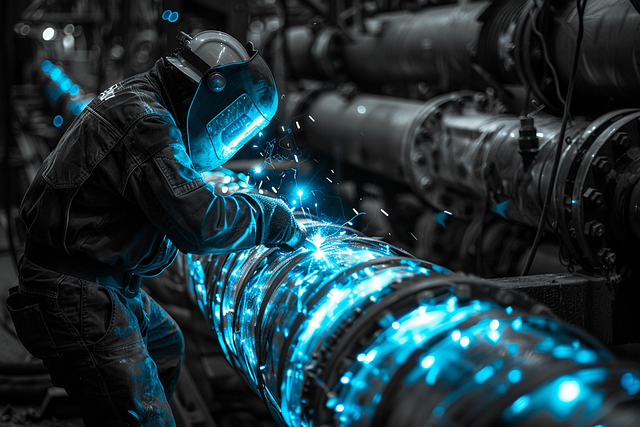
When facing a sewer backup in your Denver home or business, swift and expert action is crucial to mitigate damage and prevent health hazards. Sewage Damage Restoration Denver involves a meticulous process to ensure a safe and clean environment. Here’s a step-by-step guide to help you understand this critical procedure:
1. Safety First: The initial step is always to prioritize safety. Wear protective gear, including gloves, masks, and goggles, to safeguard against potential biohazard exposure. This is especially important when dealing with raw sewage as it can contain harmful bacteria, viruses, and parasites.
2. Containment: Stop the water source by closing main valves if accessible. Use temporary barriers or plastic sheeting to isolate the affected area, containing the damage and preventing further contamination.
3. Ventilation: Ensure proper ventilation in the space to prevent the buildup of toxic gases. Open windows and doors, and consider using fans to enhance air circulation.
4. Removal and Disinfection: Carefully remove contaminated materials, such as flooring, furniture, or personal items, and place them outside for safe disposal. Use powerful disinfectants or bleach solutions (if appropriate) to sanitize all surfaces, paying close attention to hard-to-reach areas.
5. Drying Process: Water damage restoration is a critical step in the sewage cleanup process. Utilize high-efficiency dehumidifiers and fans to thoroughly dry out the affected areas. Monitor humidity levels until they reach normal ranges.
6. Professional Inspection: Engage a trusted water damage restoration company or contractor who specializes in biohazard cleanup Denver to assess any structural damages, hidden moisture, or potential mold growth. They will provide expert advice on repairs and renovations.
7. Restoration and Repairs: Based on the inspection, proceed with repairs, replacement of affected materials, and reinstallation of fixtures. Ensure all work complies with local building codes and health regulations.
Preventing Future Sewer Backup Disasters

Preventing future sewer backup disasters is a multifaceted approach that begins with understanding and addressing the root causes. In Denver, where heavy rainfall and aging infrastructure can exacerbate the issue, proactive measures are key. Homeowners should invest in regular maintenance checks to ensure their drains and pipes are clear of debris and in good working condition. This includes scheduling professional inspections annually to identify potential issues before they escalate into full-blown disasters.
Additionally, installing backflow prevention devices can significantly reduce the risk of sewer backup. These mechanisms act as barriers, stopping contaminated water from flowing back into your home’s plumbing system. For businesses and larger properties, implementing robust disaster preparedness plans that include regular training for employees on evacuation procedures and emergency contact lists is crucial. By embracing these practices, Denver residents and organizations can minimize sewage damage restoration needs and keep their properties safe during unexpected events.
In conclusion, navigating sewer backup disasters in Denver requires a multifaceted approach. Understanding the city’s sewer system, taking immediate action upon backups, and knowing how to assess sewage damage are crucial steps towards recovery. Following a comprehensive restoration process, as outlined in this guide, ensures thorough healing of affected areas. Additionally, proactive measures to prevent future disasters can significantly mitigate the impact of sewer backups in Denver, enhancing the resilience of both homes and businesses alike through effective sewage damage restoration techniques.
